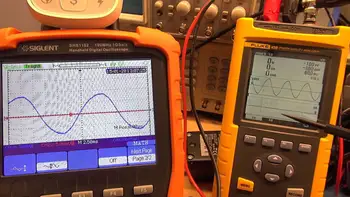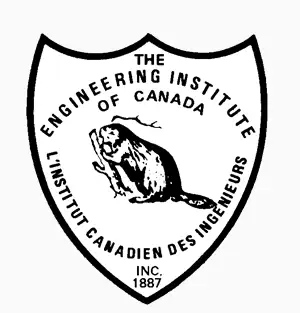Power Quality Analysis Training - This 12-hour live online instructor-led course is important because power quality and harmonics analysis, measurement, and mitigation of electrical disturbance is no longer an option in our modern electronic society, it is a necessity. The course is designed to help organizations to recognize power quality problems by their symptoms and waveforms and to understand the root causes of electrical power quality problems as well as typical remedies.
Microprocessor-based industrial controls - PLCs, industrial computers, HMI, drives, motion controllers and sensors - are the foundation of high productivity, quality and competitiveness. If there is one universal factor that can and will disrupt microprocessor-based controls and cause downtime, it is power quality. Since industrial electrical systems frequently experience voltage fluctuations, harmonic distortions, noise and short- or long-term power outages, it is essential to ensure maximum uptime. The ability to quickly identify and remedy power quality problems will help ensure metering accuracy, lengthen the life of electrical equipment and improve power system availability.
Power quality failures are expensive and can significantly impact the bottom line of an organization. Electrical engineering and maintenance personnel have long been aware that identifying, monitoring and correcting power quality problems is vital to keeping facilities and processes running smoothly. This forum offers electrical professionals the opportunity to keep abreast of the latest technologies and techniques available in this area. It also offers an excellent opportunity for delegates to ask specific questions and exchange ideas relating to their own applications. This is designed to be an interactive, problem-solving, learning environment for delegates of all disciplines.
Upon completion of this Power Quality Analysis Training course, students should have a meaningful understanding of various types of power quality disturbances associated with typical motor control applications. They should understand the causes of these problems, symptoms and problems associated with each, as well as the typical means of solving or preventing these problems.
This course includes a Power Quality Analysis Training Course Materials and Training Course Certificate.
Our 12-hour, Live Online Instructor-Led Power Quality Analysis Training Course offers:
- Explanation of various power quality disturbances.
- Explanation of the causes, symptoms, problems and solutions for each disturbance.
- Suggested Best Practices to prevent future problems.
- Recognizing Power quality problems through waveforms.
THIS COURSE WILL TEACH YOU ABOUT:
- Voltage sags
- Power factor
- Voltage transients
- Harmonics
- Harmonic resonance
- PWM voltage and its effects on motors
- Long motor lead applications
- EMI in VFD environments
- Identifying power quality problems through waveforms
Harmonics Problems Cause:
- Increased losses, e.g. machines will operate at increased temperature and can be overheated
- Resonance problems between the inductive and capacitive parts of the power network
- Malfunctioning of control systems since electronic meters, relays, etc. are matched to the fundamental frequency
- Overloading of capacitors, leading to malfunctioning and premature aging
- Interference with telecommunications and computers
- Disturbances in ripple control systems
- High currents in neutral conductors.
LEARNING OBJECTIVES
- Recognize symptoms of power quality problems including sags, swells, under or overvoltage, harmonics, transients, electrical noise (EMI/RFI/EMF), interruptions, wiring and grounding issues
- Classify power quality events according to IEEE, ITIC (CEBNA) and public utility standards
- Collect the required data to perform a detailed coordination study
- Explain proper application and interpret results of power quality monitoring equipment
- Recommend viable solutions including UPS, line voltage regulators, transient (surge) suppressors, harmonic filters, line filters, power conditioners, k-rated, isolation and zig-zag transformers, proper wiring and grounding, etc.
Related Courses
Power Quality Troubleshooting and Problem Solving
Power Quality and Harmonics Training
Power Quality in Motor Control Applications
Power Factor Correction Training
Power Quality Considerations for Energy Efficiency Retrofits


